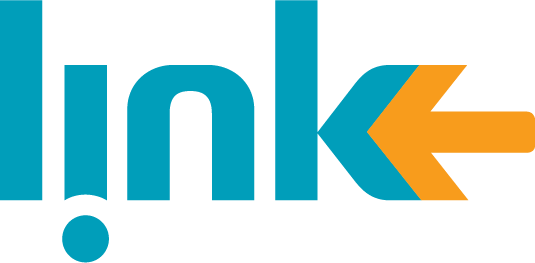The success of a test automation initiative relies on a well-structured construction process. Over the years of market experience, Link has developed a governance model to conduct test automation projects that allows customers to achieve this goal. This model is based on 3 key factors:
- Automation Frameworks: Adoption of automation frameworks that standardize the development of test automation components, reduce automation effort by increasing components reusability and reduce maintenance effort by avoiding linear (monolithic) end-to-end test scripts vulnerable to the impact of functional changes.
- Continuous testing: Inclusion of automated tests execution in the organization CI/CD pipeline.
- ROI Analysis: Evaluate automation success in real time by collecting KPI’s along the test automation process.
In addition, Link also provides a set quality assurance enabler/accelerator services such as mobile and usability testing, service virtualization, test data generation, and non-functional performance and security testing, which complement its test automation strategy in order to address the many challenges Digital Transformation poses to organizations such as multichannel application development, API and microservices development, cloud migration, data security and confidentiality (GPDR).
To help its customers to introduce or consolidate the practice of test automation in their organizations, Link is running a campaign that promotes MVPs that guide their customers in establishing a sustainable automation process.
These MVPs, expected to last 7 weeks, include the automation of 30 to 40 functional tests (with an average of 5 steps each) within a given system/application, ensuring in the process the definition of an automation framework suited to the customer, the regular execution of the automated tests included in the customer’s CI/CD pipeline, and the collection of KPI that will allow a real time ROI analyses of the automation initiative.









